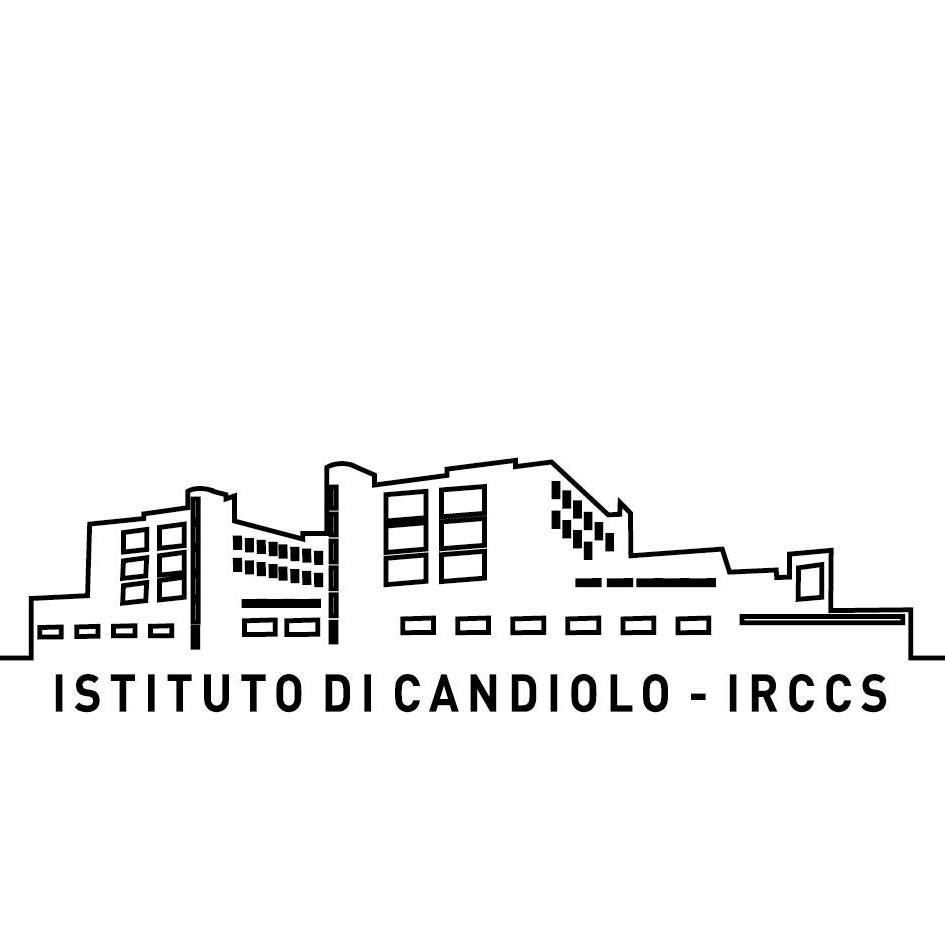Request Demo
Last update 08 May 2025
CSPG4
Last update 08 May 2025
Basic Info
Synonyms chondroitin sulfate proteoglycan 4, Chondroitin sulfate proteoglycan NG2, CSPG4 + [9] |
Introduction Proteoglycan playing a role in cell proliferation and migration which stimulates endothelial cells motility during microvascular morphogenesis. May also inhibit neurite outgrowth and growth cone collapse during axon regeneration. Cell surface receptor for collagen alpha 2(VI) which may confer cells ability to migrate on that substrate. Binds through its extracellular N-terminus growth factors, extracellular matrix proteases modulating their activity. May regulate MPP16-dependent degradation and invasion of type I collagen participating in melanoma cells invasion properties. May modulate the plasminogen system by enhancing plasminogen activation and inhibiting angiostatin. Functions also as a signal transducing protein by binding through its cytoplasmic C-terminus scaffolding and signaling proteins. May promote retraction fiber formation and cell polarization through Rho GTPase activation. May stimulate alpha-4, beta-1 integrin-mediated adhesion and spreading by recruiting and activating a signaling cascade through CDC42, ACK1 and BCAR1. May activate FAK and ERK1/ERK2 signaling cascades. |
Related
9
Drugs associated with CSPG4Target |
Mechanism CSPG4 gene modulators [+2] |
Active Org. |
Originator Org. |
Active Indication |
Inactive Indication- |
Drug Highest PhasePhase 1/2 |
First Approval Ctry. / Loc.- |
First Approval Date20 Jan 1800 |
Target |
Mechanism CSPG4 gene modulators |
Active Org. |
Originator Org. |
Active Indication |
Inactive Indication- |
Drug Highest PhasePreclinical |
First Approval Ctry. / Loc.- |
First Approval Date20 Jan 1800 |
Target |
Mechanism CSPG4 inhibitors |
Active Org. |
Originator Org. |
Active Indication |
Inactive Indication- |
Drug Highest PhasePreclinical |
First Approval Ctry. / Loc.- |
First Approval Date20 Jan 1800 |
1
Clinical Trials associated with CSPG4NCT06096038
Administration of T Cells Expressing Chondroitin-Sulfate-Proteoglycan-4 Specific Chimeric Antigen Receptors (CAR) in Subjects With Head and Neck Squamous Cell Carcinoma (HNSCC)
The purpose of this study is to test the safety and tolerability of using a new treatment called autologous T lymphocyte chimeric antigen receptor cells against the CSPG4 antigen (iC9.CAR-CSPG4 T cells) in patients with head and neck cancer that came back after receiving standard therapy for this cancer. The iC9.CAR-CSPG4 treatment is experimental and has not been approved by the Food and Drug Administration.
How many (dose) of the iC9.CAR. CSPG4 T cells are safe to use in patients without causing too many side effects, and what is the maximum dose that could be tolerated will be investigated. The information collected from the study would help cancer patients in the future.
There are two parts to this study. In part 1, blood will be collected to prepare the iC9.CAR-CSPG4 T cells. Disease fighting T cells will be isolated and modified to prepare the iC9.CAR-CSPG4 T cells. In part 2, the iC9.CAR-CSPG4 T cells are given by infusion after completion of lymphodepletion chemotherapy.
The data from the dose escalation will be used to determine a recommended phase 2 dose (RP2D), which will be decided based on the maximum tolerated dose (MTD). Additionally, recommended phase 2 dose will be tested.
Eligible subjects will receive lymphodepletion chemotherapy standard followed by infusion of iC9-CAR.CSPG4 T cells. After treatment completion or discontinuation, subjects will be followed since involving gene transfer experiments.
How many (dose) of the iC9.CAR. CSPG4 T cells are safe to use in patients without causing too many side effects, and what is the maximum dose that could be tolerated will be investigated. The information collected from the study would help cancer patients in the future.
There are two parts to this study. In part 1, blood will be collected to prepare the iC9.CAR-CSPG4 T cells. Disease fighting T cells will be isolated and modified to prepare the iC9.CAR-CSPG4 T cells. In part 2, the iC9.CAR-CSPG4 T cells are given by infusion after completion of lymphodepletion chemotherapy.
The data from the dose escalation will be used to determine a recommended phase 2 dose (RP2D), which will be decided based on the maximum tolerated dose (MTD). Additionally, recommended phase 2 dose will be tested.
Eligible subjects will receive lymphodepletion chemotherapy standard followed by infusion of iC9-CAR.CSPG4 T cells. After treatment completion or discontinuation, subjects will be followed since involving gene transfer experiments.
Start Date16 Apr 2024 |
Sponsor / Collaborator |
100 Clinical Results associated with CSPG4
Login to view more data
100 Translational Medicine associated with CSPG4
Login to view more data
0 Patents (Medical) associated with CSPG4
Login to view more data
784
Literatures (Medical) associated with CSPG431 Dec 2025·Veterinary Quarterly
Clinical evaluation of HuDo-CSPG4 DNA electroporation as adjuvant treatment for canine oral malignant melanoma: comparison of two vaccination protocols
Article
Author: Buracco, Paolo ; Martano, Marina ; Dentini, Alfredo ; Cavallo, Federica ; Camerino, Mariateresa ; Morello, Emanuela ; Tarone, Lidia ; Ferraris, Erica Ilaria ; Riccardo, Federica ; Maniscalco, Lorella ; Iussich, Selina ; Manassero, Luca ; Giacobino, Davide
01 Mar 2025·American Journal of Obstetrics and Gynecology
Inherited and de novo variants in young females potentially associated with pelvic organ prolapse
Article
Author: Pollak, Agnieszka ; Szepieniec, Wioletta Katarzyna ; Sadakierska-Chudy, Anna ; Szymanowski, Paweł ; Płoski, Rafał ; Lebioda, Arleta ; Bartosiewicz, Angelika
01 Mar 2025·Fish & Shellfish Immunology
Immune regulation differences in Large yellow croaker with varied resistance to Cryptocaryon irritans infection
Article
Author: Ke, Qiaozhen ; Li, Yin ; Zeng, Junjia ; Li, Rui ; Pu, Fei ; Xu, Peng ; Li, Ning ; Zhao, Ji ; Jiang, Zhou ; Hu, Shuimu ; Wang, Jiaying ; Zhou, Tao
1
News (Medical) associated with CSPG425 Apr 2023
A new class of immunotherapy shows promising results for fighting the most aggressive form of skin cancer.
The study, published today in Nature Communications by researchers from King's College London and Guys and St Thomas NHS Foundation Trust, investigates whether a novel antibody can target and treat melanomas. The results show that the antibody activates the immune response to fight cancer and slows melanoma growth in mice.
Malignant melanoma is the most aggressive type of skin cancer with poor survival rates for half of patients within five-years of diagnosis. Although there has been substantial progress in developing immunotherapies (drugs which stimulate the bodys own natural defence system to attack cancer), many patients tumours do not respond. This drug could benefit those patients with melanoma who do not respond to existing treatment.
Many existing immunotherapies used in cancer treatment belong to the antibody type called IgG. However, researchers at Kings College London and Guy's and St Thomas' have developed an IgE antibody which can utilise the patients own immune system to attack cancer in a different way.
Researchers developed an IgE antibody specific for a marker on the surface of human melanoma cells, called chondroitin sulfate proteoglycan 4 (CSPG4) found on up to 70% of melanomas. Immunotherapies currently available draw broadly upon the immune systems defences, however this new antibody was designed to target immune responses specifically towards melanoma cells.
The researchers showed that CSPG4 IgE could attach to and activate immune cells found in melanoma patient blood to kill human melanoma cancer cells. CSPG4 IgE treatment slowed cancer growth in mice implanted with human immune cells, including cells from patients with melanoma. An allergy test conducted with patient blood found that CSPG4 IgE did not activate white blood cells called basophils, indicating that the therapy may be safe to take.
Dr Heather Bax, Postdoctoral Research Fellow from St. John's Institute of Dermatology, King's College London, said: "We have shown that an immune response can be triggered by IgE immunotherapy for melanoma and that this applies to human melanomas and to melanoma patient immune responses. Our findings replicate existing observations for MOv18 IgE, the firstanti-cancer IgE, which targets ovarian cancer, and supports development of IgE therapies for other solid tumors."
Professor Sophia Karagiannis, from St. John's Institute of Dermatology, Kings College London, said: "Four in ten people with advanced melanoma do not respond to available treatments. Our findings show that the human immune system reacts differently in the presence of drugs based on IgE antibodies and points to the potential of applying IgE to mount an effective response against melanoma. This opens up the possibility of this new class of drugs to benefit different patient groups and a new frontier in the battle against cancer."
Professor James Spicer, from Kings College London and a Consultant at Guys and St Thomas' NHS Foundation Trust, said: "We have recently completed the first ever trial testing an IgE therapy for cancer (MOv18 IgE), and are excited about the prospect of a whole new class of antibody drugs in oncology. The collaboration between the King's College London and Guy's and St Thomas' research groups is close and ever more productive."
The first IgE antibody (MOv18 IgE) generated at Kings College London has been trialled for ovarian cancer with results expected to be published later in 2023. Epsilogen Ltd owns rights to both CSPG4 IgE and MOv18 IgE. Epsilogen was spun out from Kings College London in 2017 and has attracted venture capital financing from multiple investors.
Chauhan, J., Grandits, M., Palhares, L.C.G.F. et al.
Anti-cancer pro-inflammatory effects of an IgE antibody targeting the melanoma-associated antigen chondroitin sulfate proteoglycan 4.
Nat Commun 14, 2192, 2023.
10.1038/s41467-023-37811-3
ImmunotherapyAcquisition
Analysis
Perform a panoramic analysis of this field.
login
or

AI Agents Built for Biopharma Breakthroughs
Accelerate discovery. Empower decisions. Transform outcomes.
Get started for free today!
Accelerate Strategic R&D decision making with Synapse, PatSnap’s AI-powered Connected Innovation Intelligence Platform Built for Life Sciences Professionals.
Start your data trial now!
Synapse data is also accessible to external entities via APIs or data packages. Empower better decisions with the latest in pharmaceutical intelligence.
Bio
Bio Sequences Search & Analysis
Sign up for free
Chemical
Chemical Structures Search & Analysis
Sign up for free


